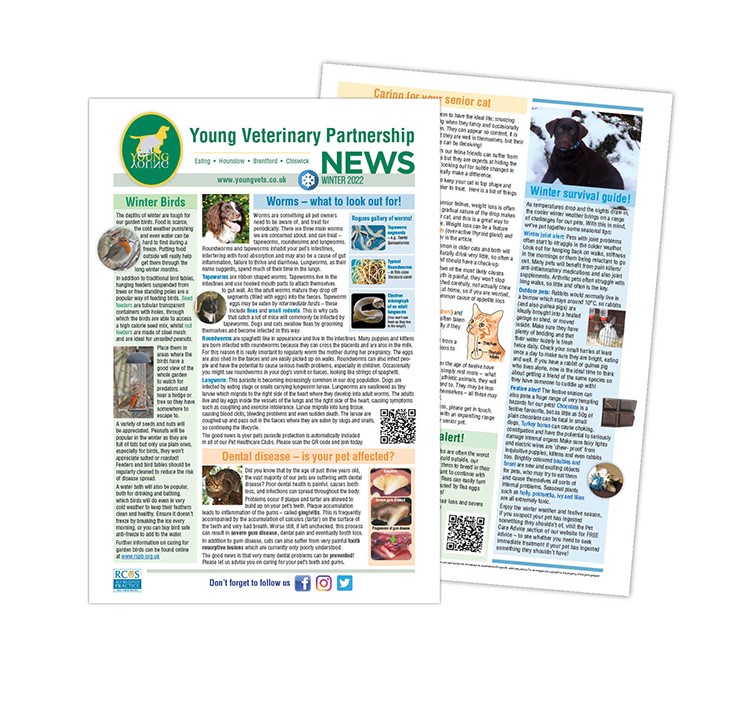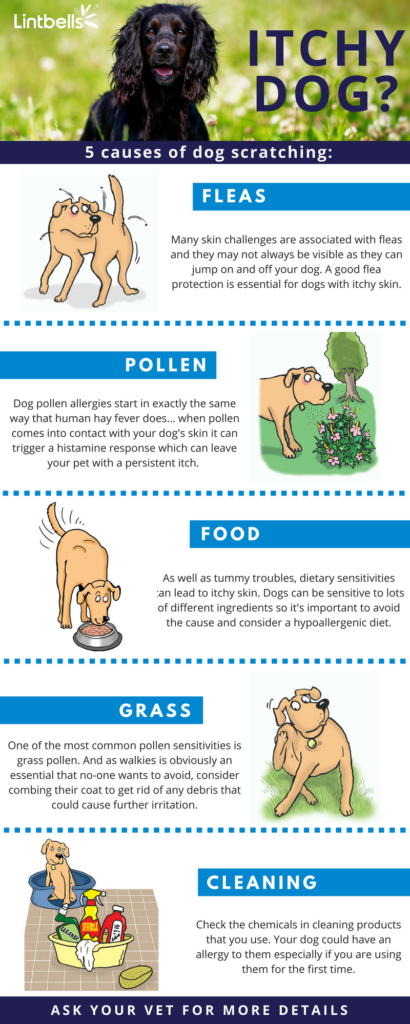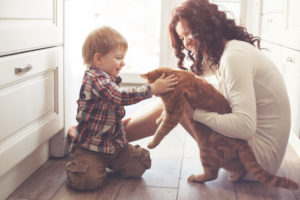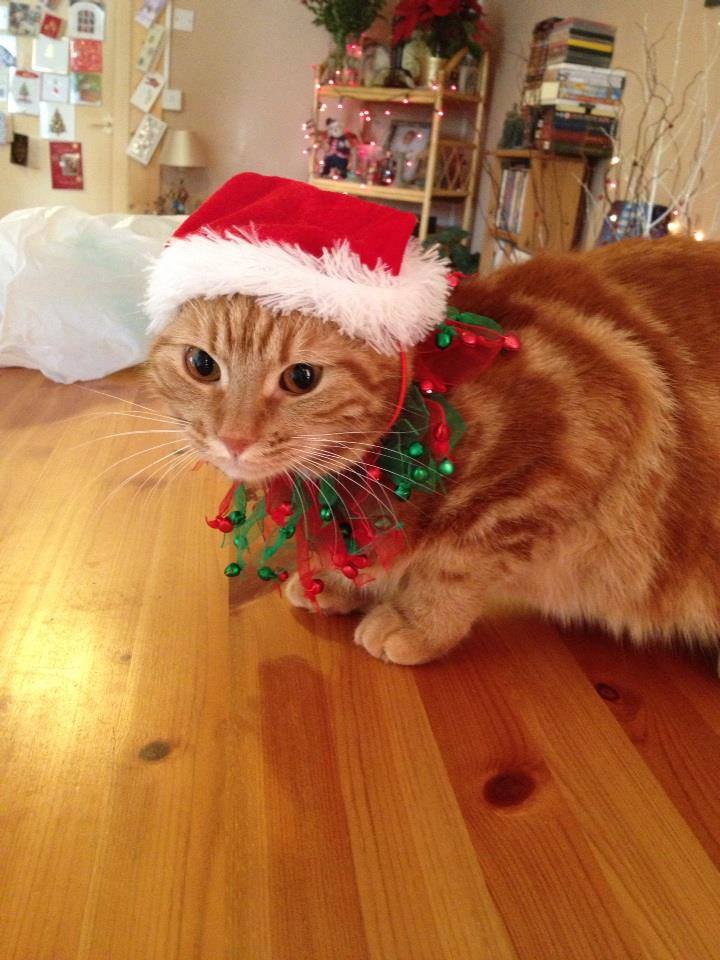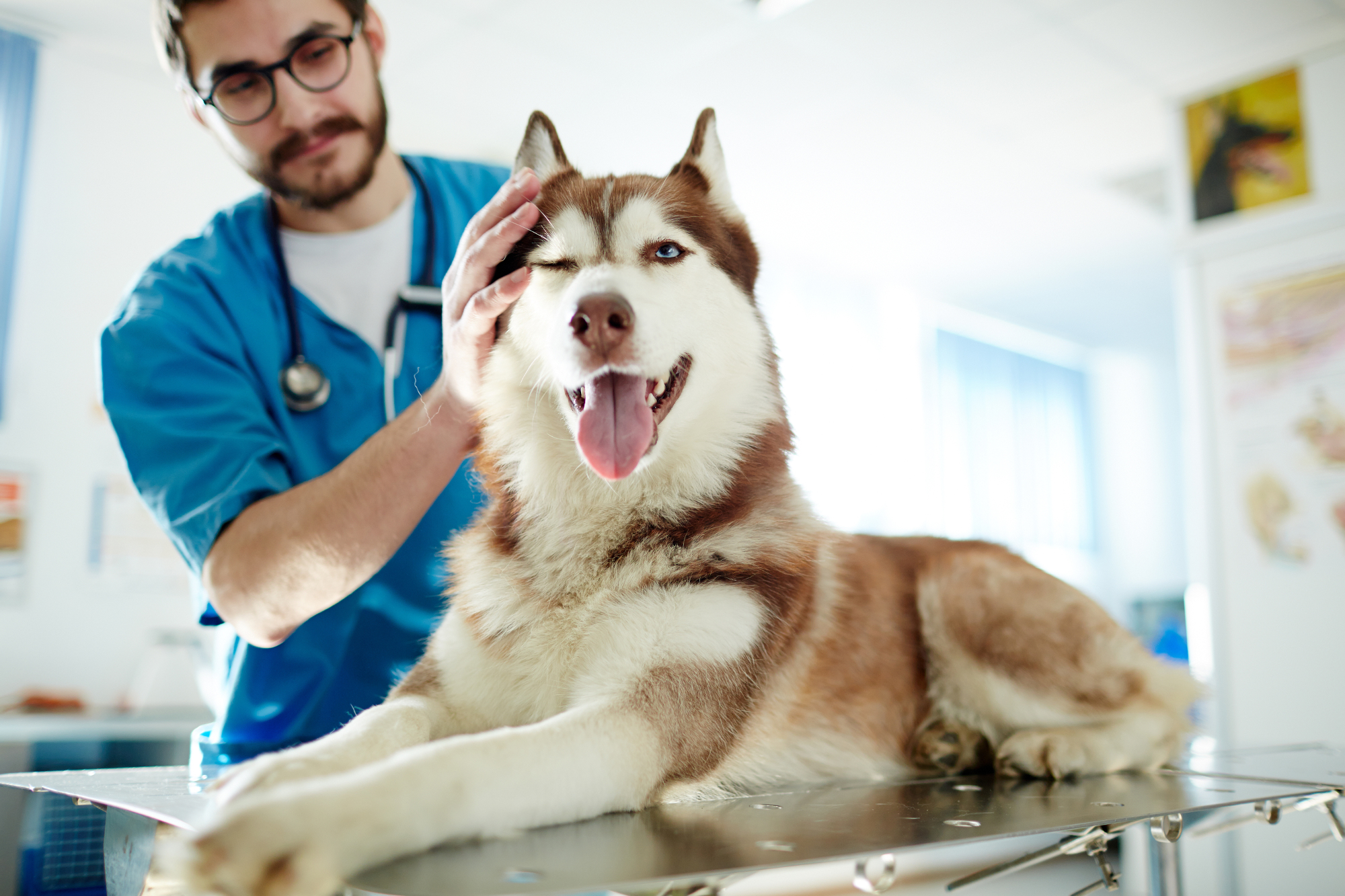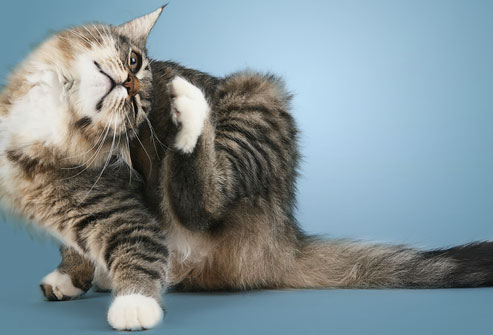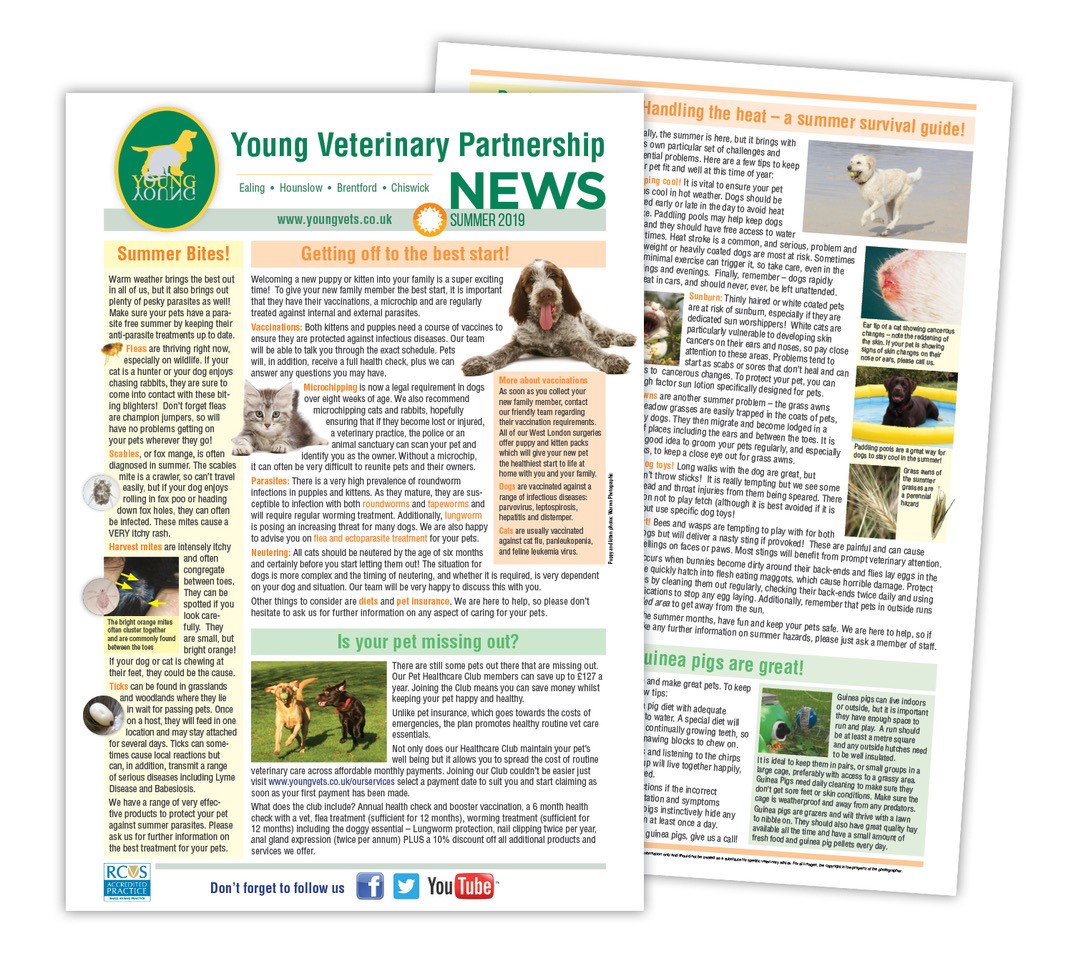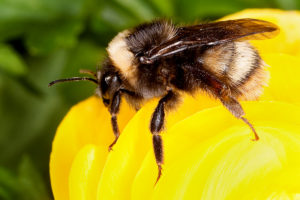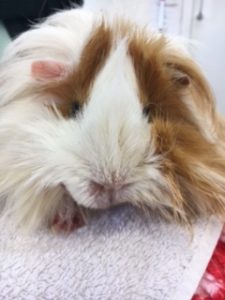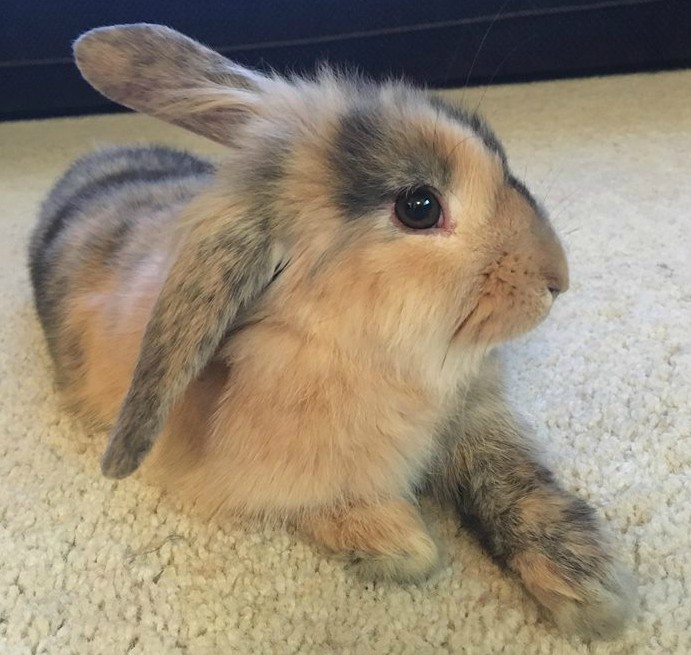Springtime and your garden.
It’s time to get out and about and start enjoying the Spring sunshine.
Our Spring Pet Blog gives some great advice on how to keep your pet safe whilst out and about in your garden or local park. From pet poisons to parasite protection, its all included in our latest pet blog.
Is your pet a little ‘off’? Not quite themselves? Visit our FREE symptom check below for advice on your pets individual symptoms.
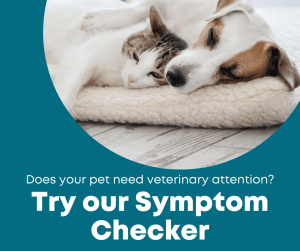
Introducing a new pet
Are you and your family welcoming a new pet in 2023? With the help of our vet team, we’ve put together a ‘to – do’ list including some of the important decisions to consider before your new family member comes home.
From life stage diets to vaccinations, its all included in our Spring News. Introducing a new pet can be a lot of fun and also a big responsibility, why not register yourself and your new family member before they arrive, to save yourself some time before your first visit.

Lungworm can be swallowed
as tiny larvae, and cause significant damage, breathing troubles, lethargy and in worst cases even death. All dog owners understand that protection from fleas and worms should be done regularly but do you know about Lungworm? Lungworm cases are on the rise across the UK, our Spring News explains how to protect your dog from this potentially deadly parasite.
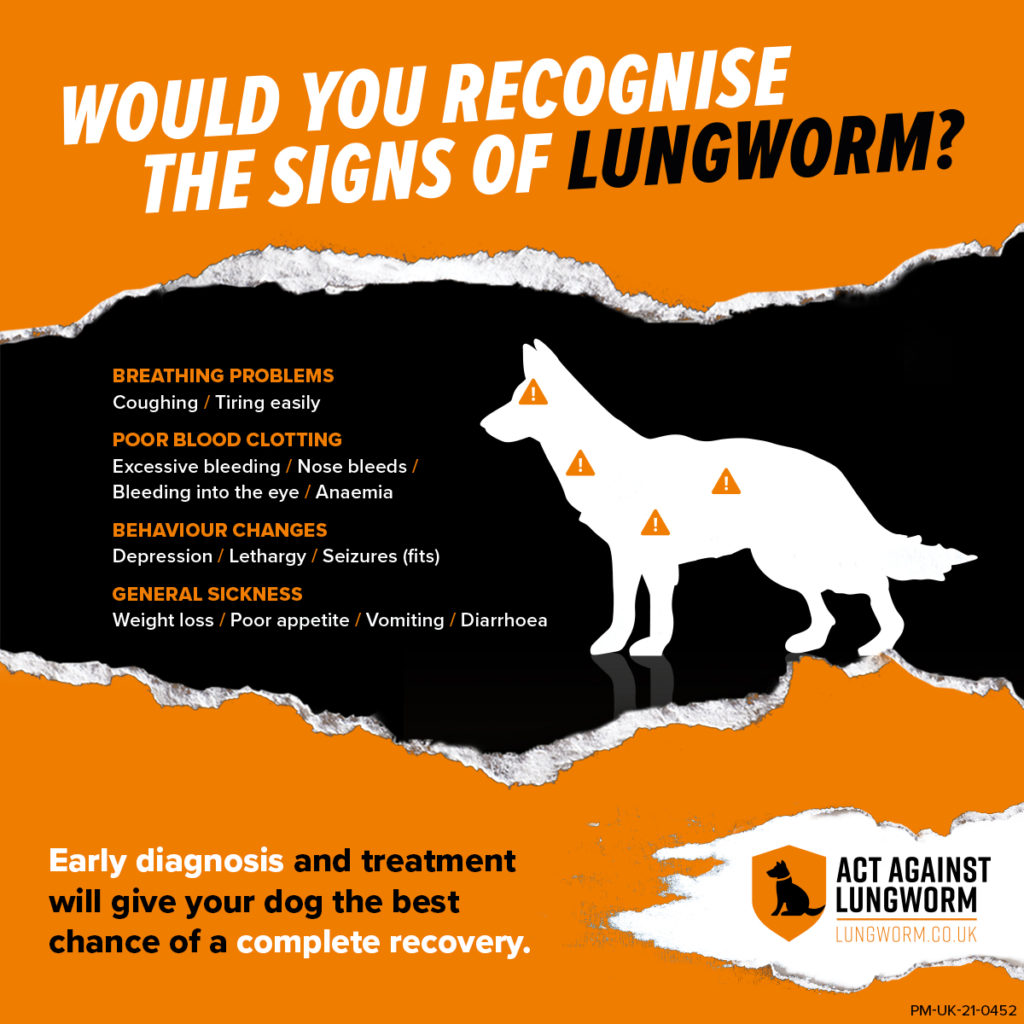
The good news is all of our dog Healthcare Plans automatically include lungworm protection. Spread the cost of your dogs veterinary essentials across affordable monthly payments on a date that suits you. Click here to see the list of full benefits available for your pet in our Healthcare Clubs.
We hope you enjoy reading our Springtime Pet Blog, if you have a query on any of the articles mentioned please do not hesitate to contact our team for more advice on your pet.
We are on the socials, give us a follow – we’d love to see what your pets get up to when they’re out and about! Use the #youngvets to tag us in your Insta stories!

